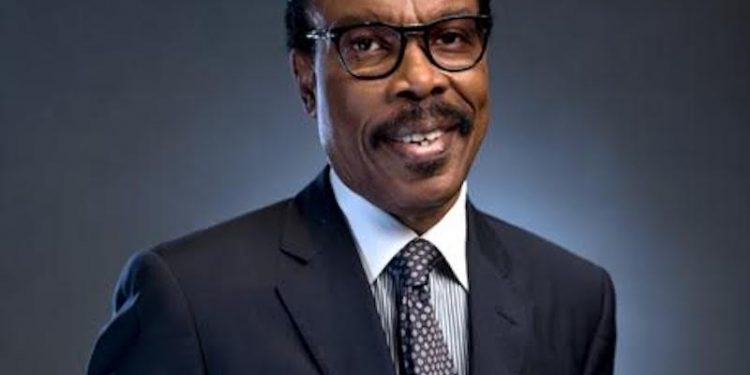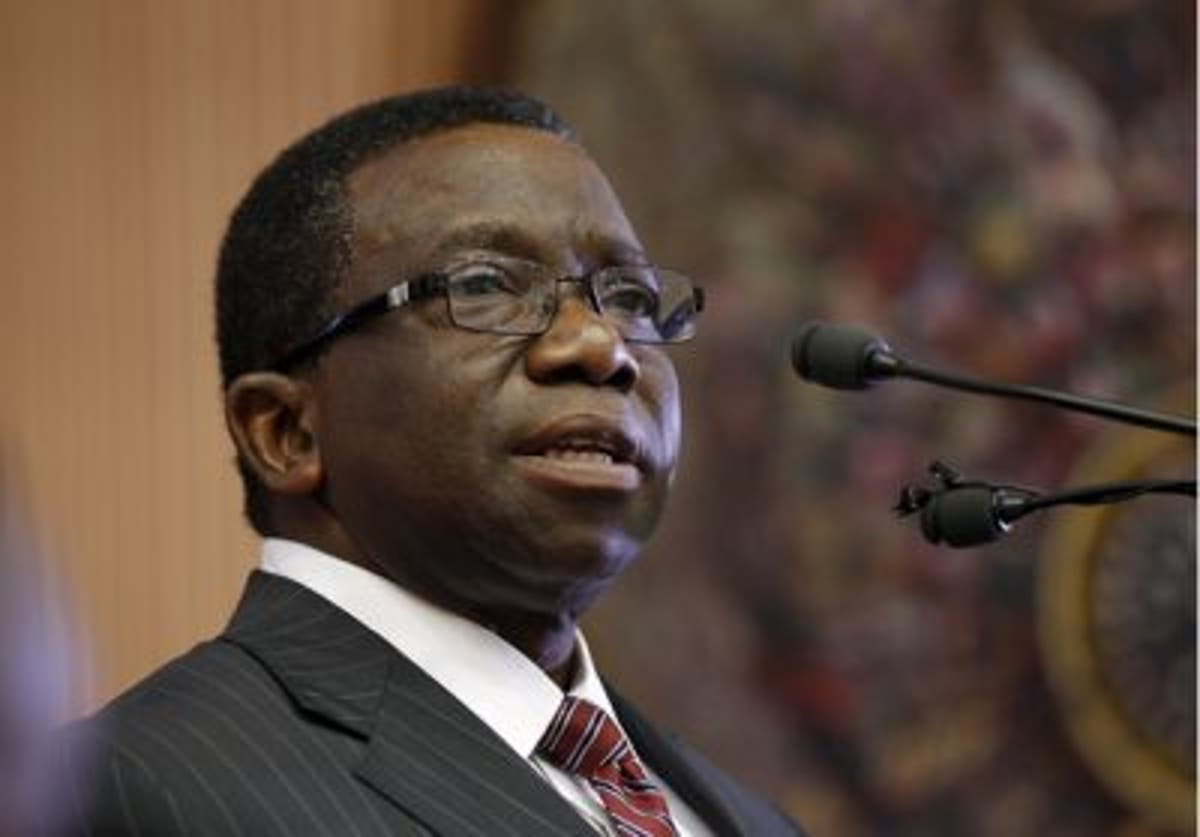Bismarck Rewane, Managing Director and CEO of Financial Derivatives Company Limited, has projected a 3.5% growth for the Nigerian economy by 2026, bringing the nation’s GDP to approximately $400 billion. Rewane shared these insights during the Access Bank Customer Forum held in Lagos on Thursday.
“Nigeria is on track to becoming the second-largest economy in sub-Saharan Africa, with a projected GDP of $400 billion,” Rewane said. He also noted that Nigeria’s foreign exchange system will become more efficient, with foreign reserves reaching $20 billion.
He predicted inflation would drop to 22% by 2026, and the monetary policy rate (MPR) would decline to 20%, which he believes will reduce bad loans in the banking sector. “The MPR is likely to come down to 20%, which will ease the pressure on loans,” Rewane explained.
Despite these positive trends, he warned that the naira could weaken to N1,550 per dollar in the parallel market due to factors like intervention funds, remittances, and exchange rate policies.
Rewane also forecasted a rise in total factor productivity to 2.6% by 2026, and a growth in the trade balance to $9.3 billion, up from $8.42 billion in 2024.
The cost of petrol, he noted, is expected to stabilize at N900 per litre due to increased production from the Dangote refinery and modular refineries. Additionally, Rewane projected a significant rise in stock market capitalization to N58 trillion with the anticipated listing of major companies like Dangote Refinery and the Nigerian National Petroleum Corporation (NNPC).
However, he warned that inflation will remain a major challenge for businesses, affecting operating margins. Prices of key commodities like tomatoes, rice, and beans are expected to increase significantly by 2026, with a basket of tomatoes projected to cost N20,000, a bag of rice at N75,000, and a bag of beans at N110,000.
At the same forum, Finance Minister Wale Edun highlighted improvements in Nigeria’s foreign reserves, which have seen a net monthly inflow of $2.35 billion into the Central Bank. He attributed the growth to the government’s efforts, emphasizing the importance of increased infrastructure and social safety net spending.
Chairman of the Presidential Committee on Fiscal Policy and Tax Reforms, Taiwo Oyedele, expressed concerns over the economic outlook, contrasting his views with Rewane’s. “Our projection is slow, and I do not pray that Bismarck’s projection comes to pass,” Oyedele stated, pointing to issues like unemployment, poor education, and currency devaluation. He emphasized the importance of data-driven decisions to strengthen the economy.
Oyedele added that the government plans to reduce corporate income tax and lessen the tax burden on businesses while improving revenue collection efficiency.










